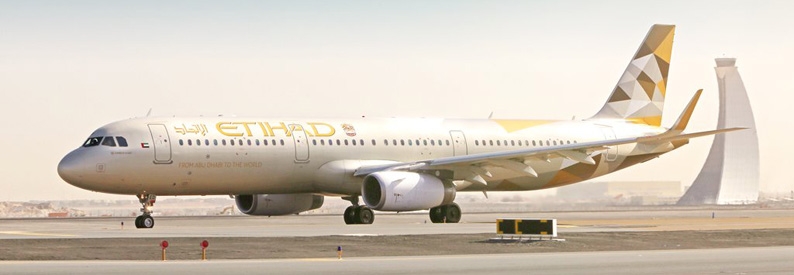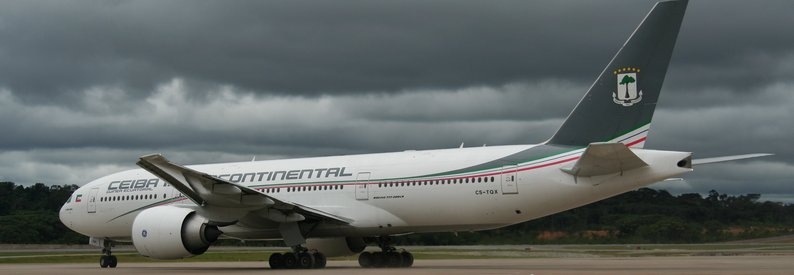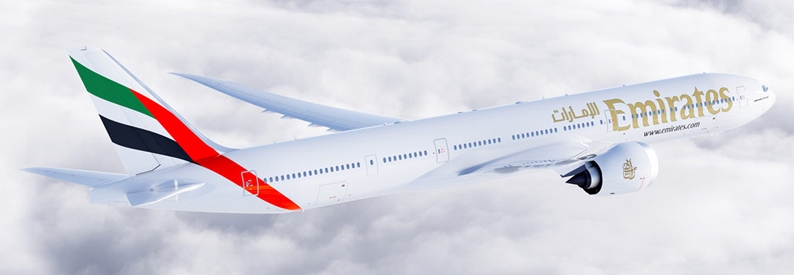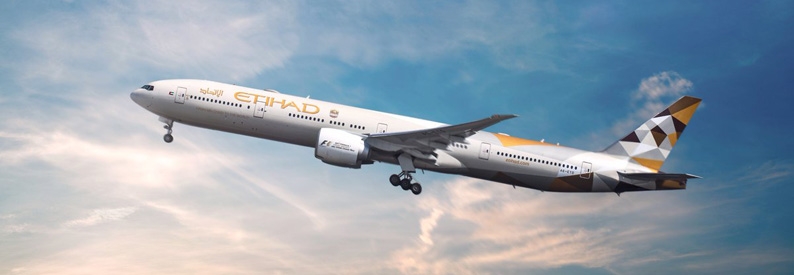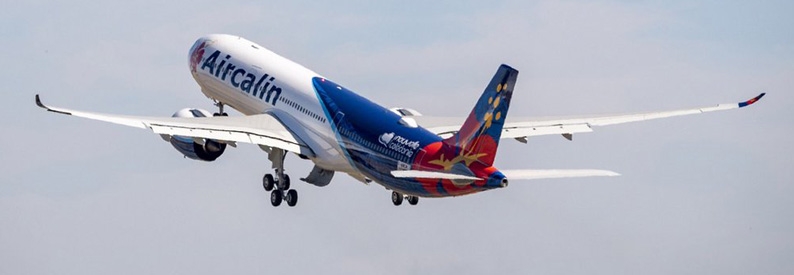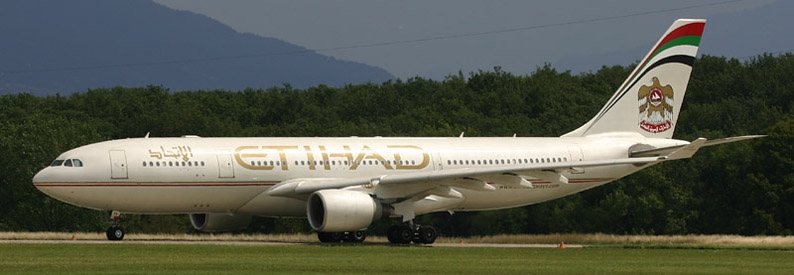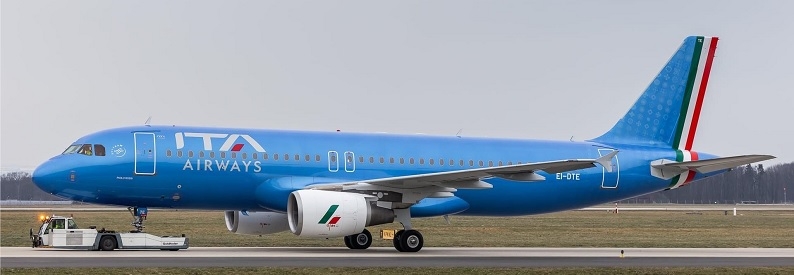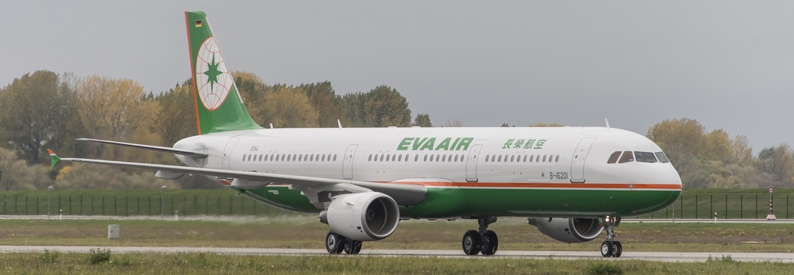Etihad Airways (EY, Abu Dhabi International) has raised USD1.2 billion with a loan it claimed was tied to “independently assessed” environmental, social, and governance (ESG) targets such as cutting carbon emissions, improving corporate governance, and advancing female participation.
The Emirati carrier selected HSBC and First Abu Dhabi Bank as the debt’s strategic partners and financiers. It follows a USD600 million “transition” sukuk signed last year linked to making the company “greener” by gradually switching to more environmentally sustainable operations as well as a EUR100 million euro (USD116 million) loan in 2019 tied to the United Nations Sustainable Development Goals.
The terms of the latest loan are linked to performance indicators tied to the following initiatives:
- reducing the intensity of the carbon emissions of the passenger fleet, as measured in terms of CO2 emissions per revenue tonne kilometres, and Etihad Airways has committed to a target of net zero carbon emissions by 2050 with intermediate goals for 2025 and 2035;
- boosting employment and upskilling Emirati women in the aviation sector with indicators measuring female participation and ongoing training and development; and
- monitoring its Integrity Score, used to assess the overall internal culture of integrity and corporate governance.
“To underscore our accountability, we have committed to penalties and incentives of up to USD5.5 million linked to our progress against key performance indicators,” Etihad Aviation Group CFO Adam Boukadida said. “Financing our operations in a way that supports both our planet and the people in our local communities is the natural next step of our financing strategy.”
The structure of the loan, which was closed on October 1, includes a USD500 million four-year tranche and a USD700 million five-year tranche, Boukadida told the UAE’s The National newspaper. The proceeds will be used for general corporate purposes, he added.
“Next year, we will be taking some incremental aircraft and, if it makes sense and it's appropriate to do so, we will look at how we can finance those if required, with sustainable financing yet again,” Boukadida said
Etihad Airways currently operates a fleet of 117 aircraft, the ch-aviation fleets module shows, and it has orders for 98 aircraft yet to be delivered: twenty-six A321-200Ns, fifteen A350-1000, eight B777-8s, seventeen B777-9s, eleven B787-9s, and twenty-one B787-10s.

